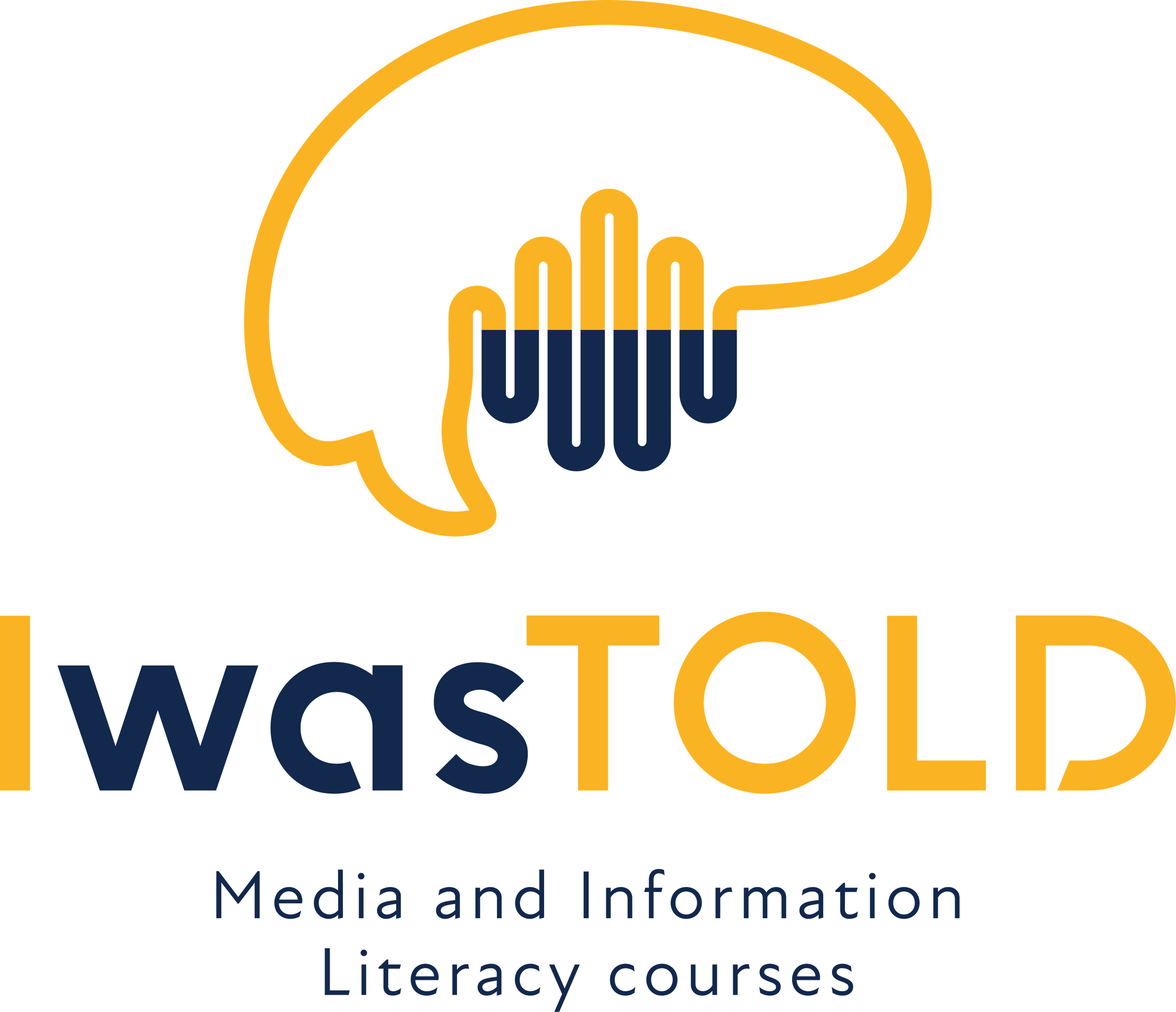1. MEDIA AND INFORMATION LITERACY
-
What is media and information literacy? (Basic meaning)7 Topics|3 Quizzes
-
Introductory to the lesson "What is media and infomation literacy?"
-
The process of media and information literacy
-
Getting depper: what is computer, digital, internet and news literacy?
-
Getting depper: what is advertising, cinema, television and gaming literacy?
-
Final test of the lesson "What is media and infomation literacy?"
-
Feedback of the lesson “What is media and information literacy?”
-
Additional learning material
-
Introductory to the lesson "What is media and infomation literacy?"
-
MIL history and reasons why it appears?7 Topics|3 Quizzes
-
Introduction to the lesson MIL history and reasons why it appears?
-
What We Talk About When We Talk About MIL education
-
Genesis and evolution of media (in) education
-
Evolution and ecology of media and information literacy terminology
-
Final test of the topic "MIL history and reasons why it appears?"
-
Feedback of the lesson "MIL history and reasons why it appears?"
-
Additional learning material
-
Introduction to the lesson MIL history and reasons why it appears?
-
Practical Approaches to Media Literacy in the World7 Topics|3 Quizzes
-
Post-modernic MIL theories7 Topics|3 Quizzes
-
Introduction to the lesson
-
Why is it important where and how you get information?
-
What happens when the pursuit of benefit becomes a value
-
How simulation affects public behavior today
-
Final test of the lesson "Post-modern MIL theories
-
Has knowledge of postmodern MIL theories been helpful?
-
Additional learning material
-
Introduction to the lesson
Participants2
References
- Fedorov, A. (2001). Media Education: History, Theory and Methods. (in Russian). Rostov: CVVR, 708 p.
2. Fedorov, Alexander. 2008. “MEDIA EDUCATION AROUND THE WORLD: BRIEF HISTORY.” 1(2):55–62. doi: 10.1146/annurev.physiol.64.081601.142703.
3. What We Talk About When We Talk About Love is a 1981 collection of short stories by American writer Raymond Carver, as well as the title of one of the stories in the collection.
4. Walter Lippmann (September 23, 1889 – December 14, 1974)[1] was an American writer, reporter and political commentator. With a career spanning 60 years he is famous for being among the first to introduce the concept of Cold War, coining the term “stereotype” in the modern psychological meaning, as well as critiquing media and democracy in his newspaper column and several books, most notably his 1922 book Public Opinion.
Useful links:
- http://unesco.mil-for-teachers.unaoc.org/foreword/unifying-notions-of-media-and-information-literacy/
- http://unesco.mil-for-teachers.unaoc.org/media-discourse/
Additional presentation:
